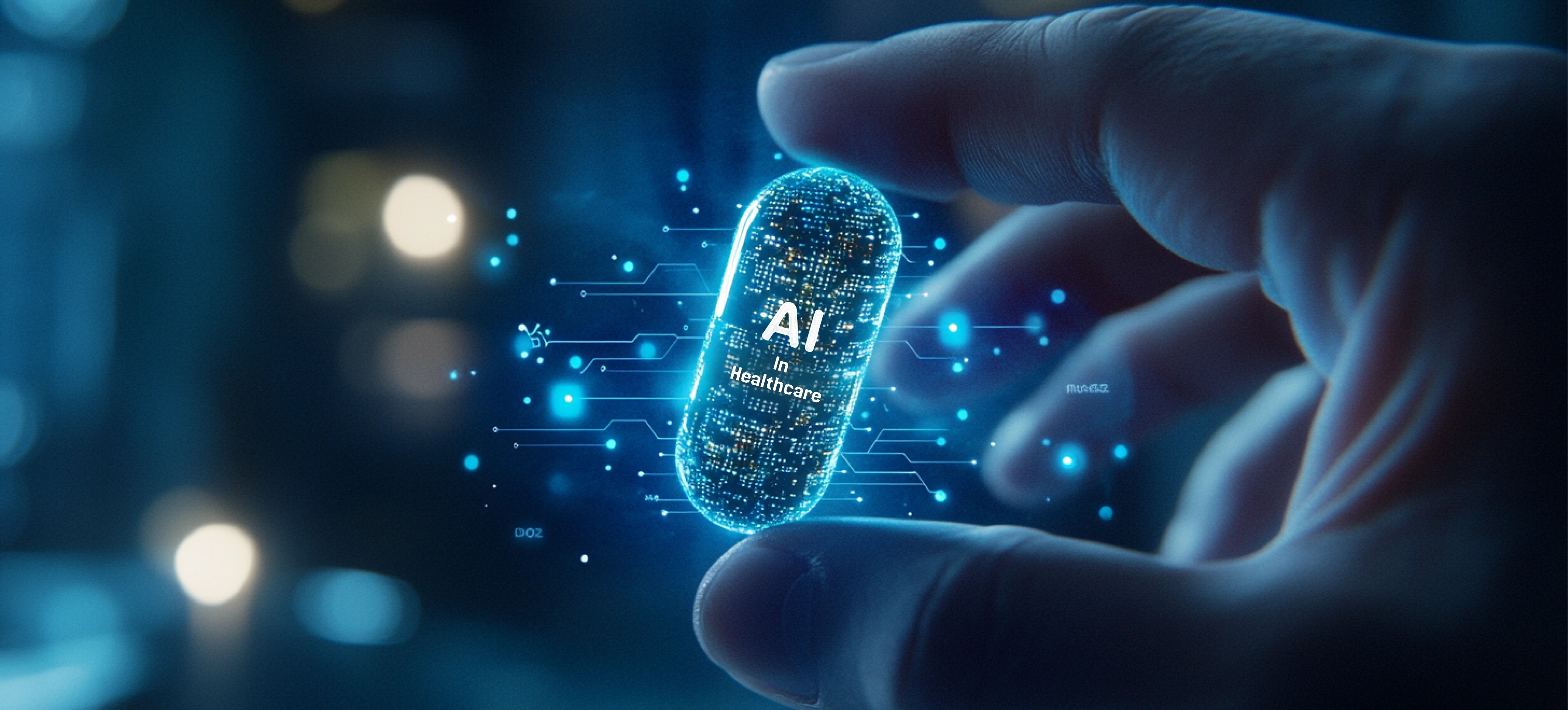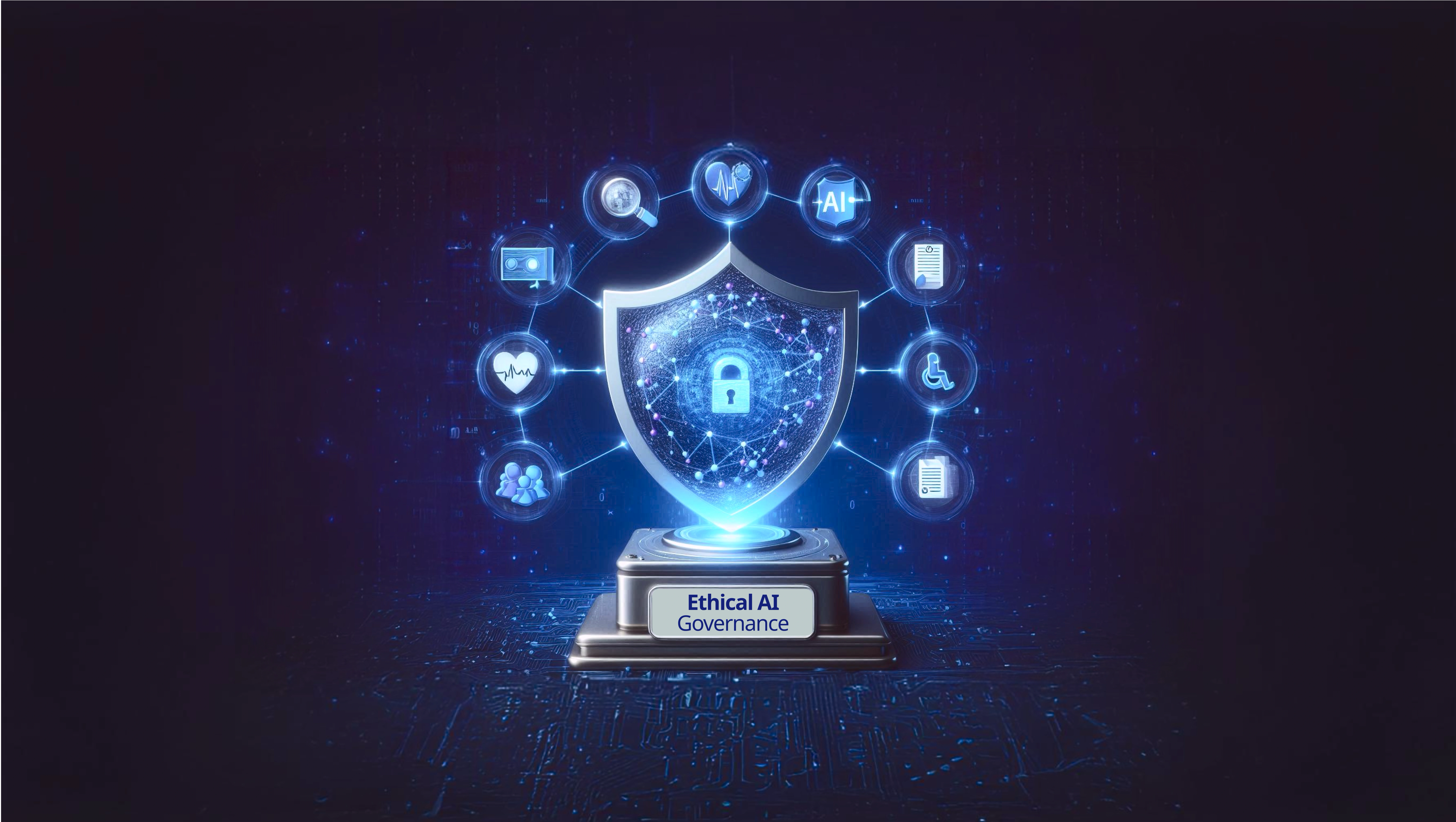70% of Your IT Budget Is Wasted on Legacy
Legacy systems drain your spend, slow your teams, and stall innovation. Modernize with speed, security and confidence — guided by our experts.
What if the cure for a life-threatening disease existed, but it took over a decade and billions of dollars to reach those in need? This is the stark reality of drug development today—an average of 12 years to and $2.6 billion to bring a single drug to market.
Each step, from target identification to clinical trials, is fraught with uncertainty, relying on painstaking experimentation and fragmented data. The result? A system that’s not just inefficient but increasingly unsustainable in the face of rising healthcare demands.
But what if we told you that this painstaking timeline is rapidly changing?
Thanks to breakthroughs in technologies like Machine Learning (ML) and Natural Language Processing (NLP), we’re witnessing a transformation in the drug development process. These innovative AI-driven technologies are drastically speeding up the timeline, slashing costs, and making the impossible possible.
This isn’t just a small shift, it's a complete revolution in how we discover and develop life-saving drugs.
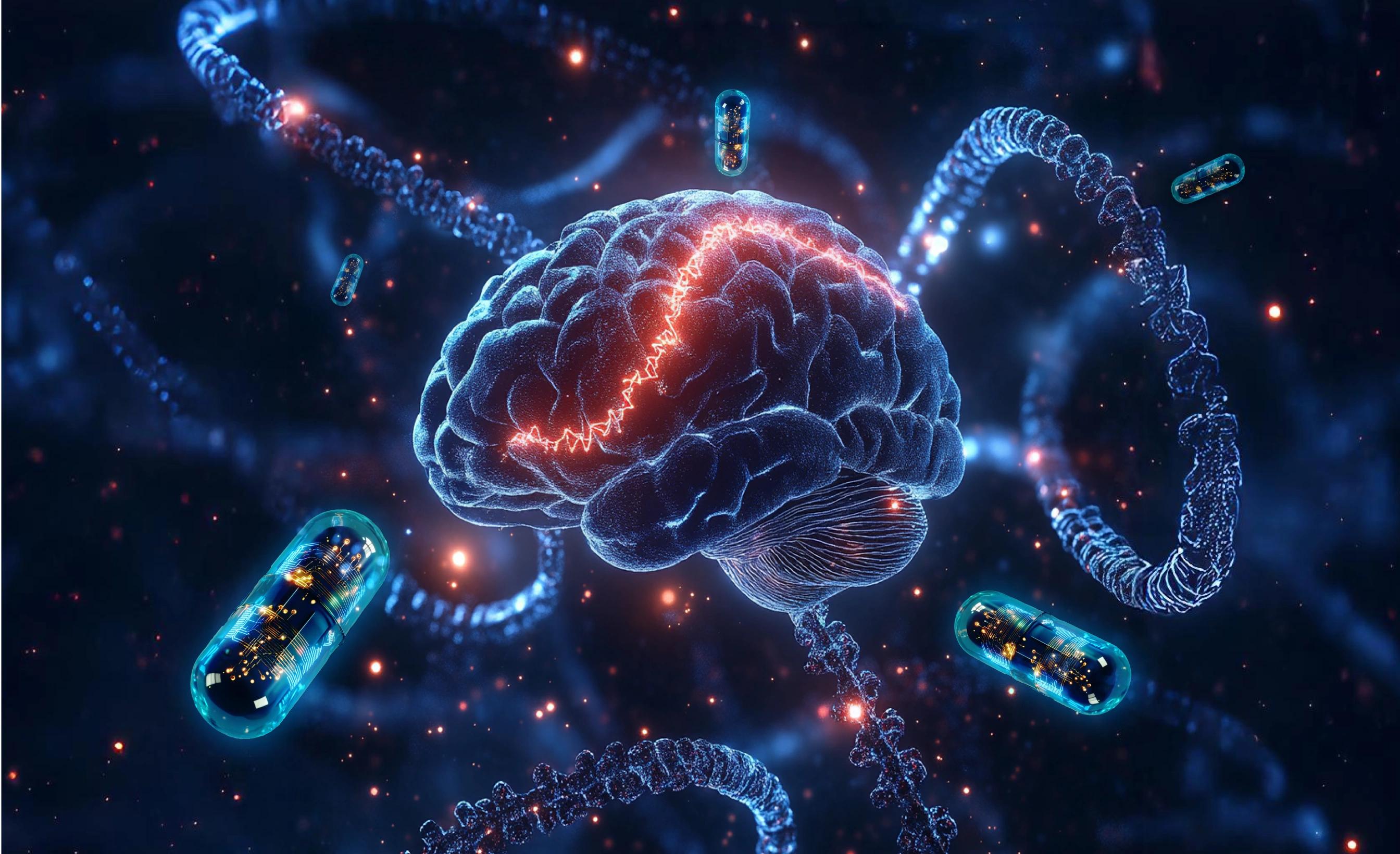
Traditional vs. AI-Driven Drug Discovery
Have you ever wondered why drug discovery takes so long and costs so much?
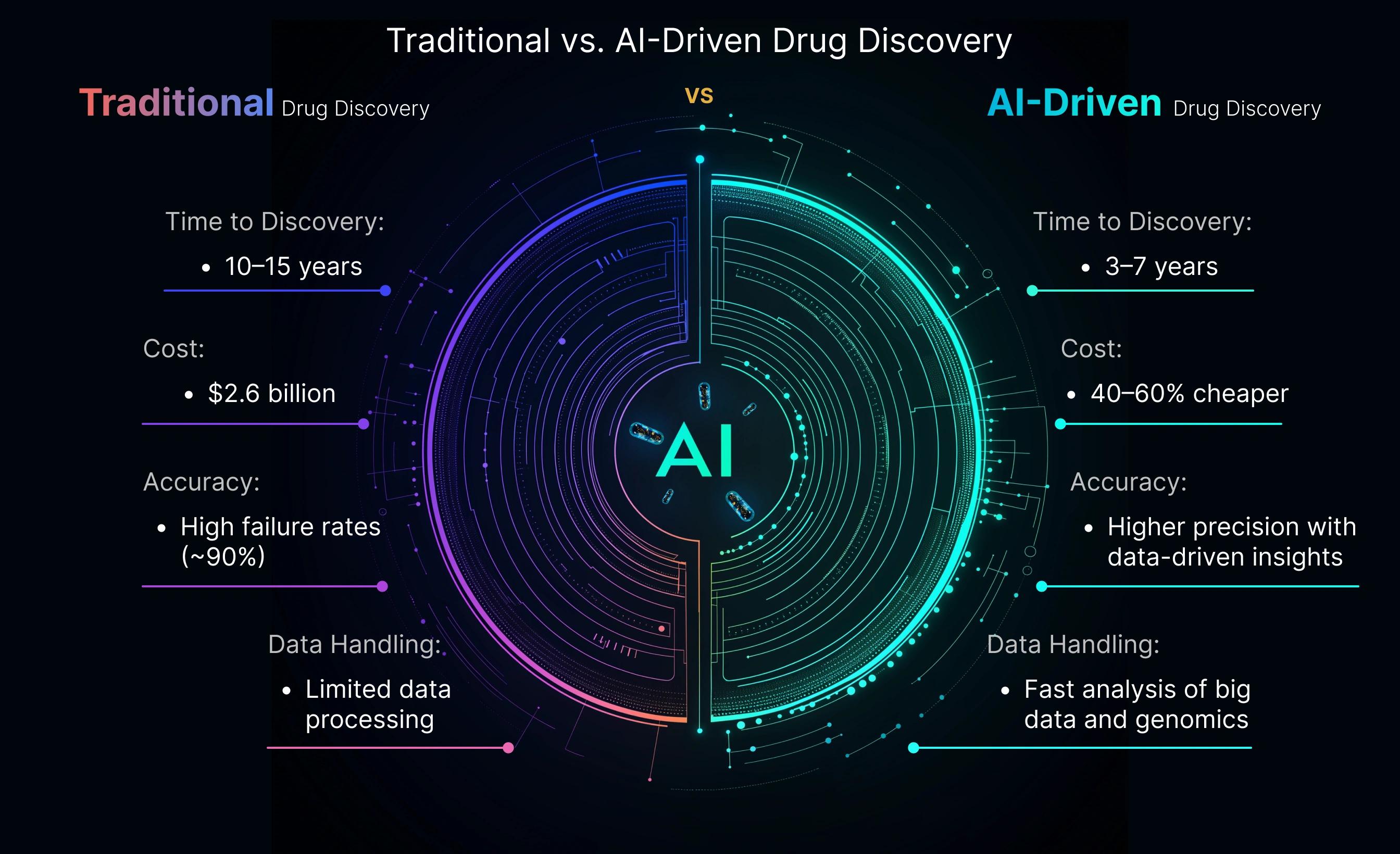
The process of developing a new drug has long been associated with a 12-year timeline and a hefty $2.6 billion price tag. What if we told you this could be dramatically reduced in terms of both time and cost while delivering better outcomes? Thanks to advancements in AI and machine learning, that future is here.
AI is fundamentally changing how drugs are discovered. Rather than relying on trial and error, these technologies leverage vast amounts of data to predict the most effective compounds, speed up testing, and increase the likelihood of success.
Here’s how it works:
1. Data Analysis:
Think about trying to go through years' worth of patient data, genetic info, and clinical trials manually. It would take forever, right? But with machine learning, models like Convolutional Neural Networks (CNNs) can quickly identify disease-linked mutations. Plus, NLP tools can extract key insights from clinical reports in real-time, uncovering patterns that would normally take years to find.
For example, IBM Watson used machine learning and NLP to analyze vast amounts of cancer data—processing over 600,000 medical papers, clinical trial results, and patient records in just minutes. This allowed it to identify gene mutations and suggest personalized treatments in a fraction of the time it would take using traditional methods, which could take months or even years.
2. Compound Design:
Now, think about designing new drug candidates. Deep Learning and Generative Algorithms can study existing drugs and suggest new chemical structures.
A great example is how AI helped design new compounds for HIV treatment. By scanning millions of compounds, AI found new ones that could block the virus more efficiently, speeding up the process of creating better drugs.
3. Optimization:
Once we find a potential drug, the next step is to make sure it works and doesn’t cause harmful side effects. Instead of relying on long and expensive clinical trials, we can use Predictive Modeling and Simulation.
This allows us to simulate how the drug will behave in the human body by analyzing data. It helps us predict how effective and safe the drug will be, speeding up the development process and reducing risks before moving to clinical trials.
For example, in diabetes, AI helped optimize insulin to better control blood sugar while reducing side effects, leading to better outcomes for patients.
Imagine the life-saving drugs that could be discovered in a fraction of the time. What would it mean for you if life-changing medications for diseases like Alzheimer's or Parkinson's disease were found in months instead of years?
Precision Medicine Personalized Treatments for a Better You
What if you could get a treatment plan designed just for YOU? A plan that considers your unique genetic code, lifestyle, and health history?
Thanks to technologies like genomic sequencing, big data, and AI, precision medicine is making this possible.
By combining personal data, including genetic sequences and lifestyle habits, doctors can tailor treatments to suit each individual, making them far more effective than the one-size-fits-all approach.
Here’s where technologies like next-generation sequencing (NGS) come into play. NGS decodes the human genome, allowing doctors to understand your unique genetic predispositions. AI then analyzes this data to predict which treatments would work best for you, minimizing the trial-and-error process that’s common in traditional medicine.
- Tempus, a leading healthcare technology company, uses AI to match cancer patients with personalized treatments based on their genetic data. They’ve shown that personalized cancer treatments can improve patient outcomes by up to 50%, compared to traditional therapies.
Let’s take a moment to think: what if precision medicine could help prevent diseases before they even start? With predictive analytics powered by AI, we can predict whether you are at risk for diseases like heart disease, diabetes, or even breast cancer—and take preventive measures before symptoms even appear.
AI in Diagnostics: Faster, Smarter and More Accurate
When it comes to conditions like cancer, heart disease, and neurological disorders, the accuracy of early detection is crucial, and here's where AI is truly making a difference.
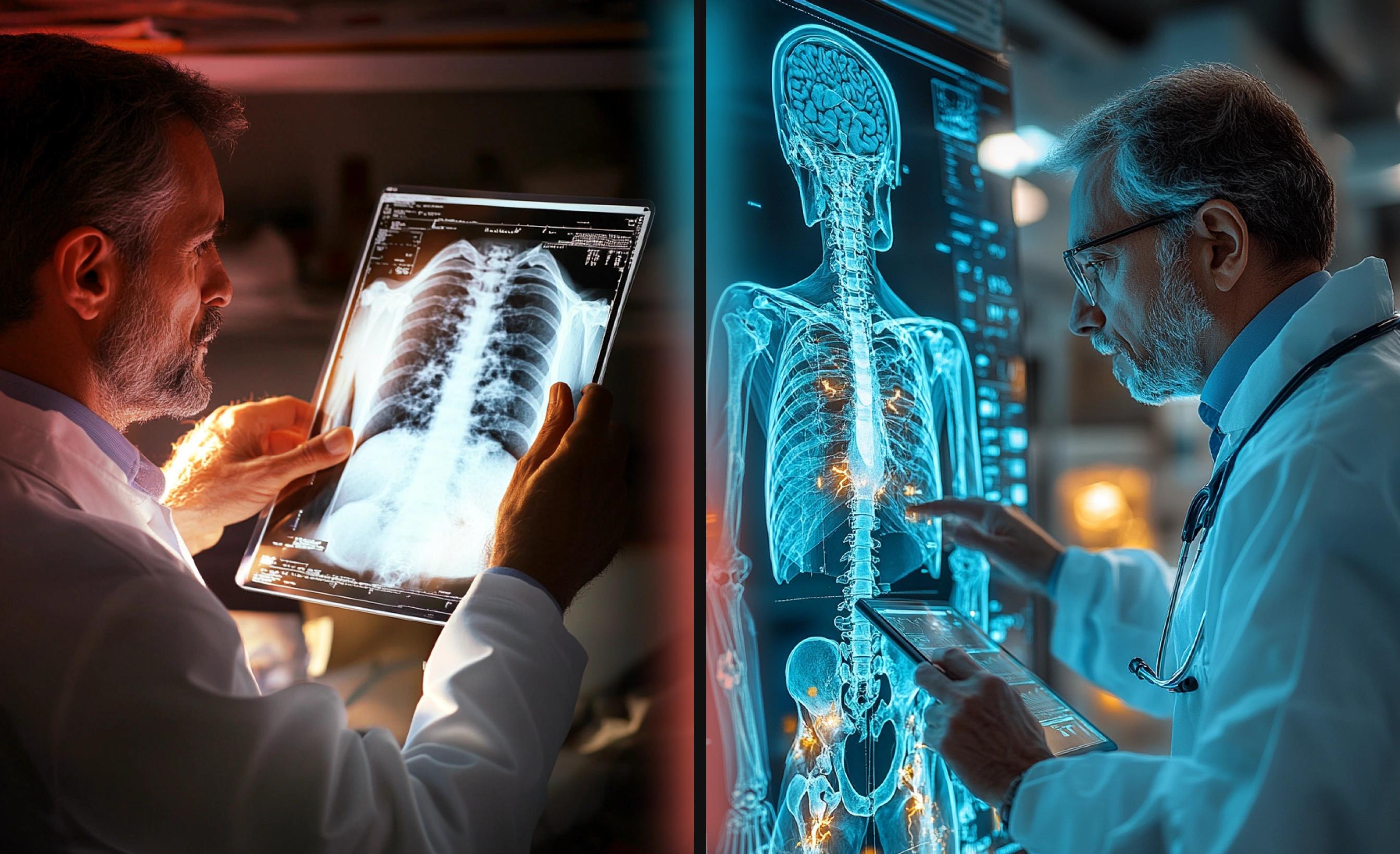
- Deep learning—a subset of AI is being used to analyze medical images such as CT scans, MRIs, and X-rays. These systems don’t just speed up diagnosis—they also increase accuracy, sometimes spotting abnormalities that human eyes might miss.
- Zebra Medical Vision, a leader in AI-powered medical imaging, uses deep learning algorithms to analyze medical images for conditions like heart disease, stroke, and lung cancer.
What's the best part? Their algorithms are proven to have 94% accuracy in detecting lung cancer, catching potential problems months earlier than traditional methods.
This technology doesn’t just diagnose, it has the potential to save lives. In fact, one in three cancer diagnoses is made too late. Imagine the difference that early detection could make in treating diseases like lung cancer, which has a five-year survival rate of only 15%.
Predictive Healthcare “Can We Stop Diseases Before They Start”
We’re living in a time where predictive models, powered by AI and machine learning, are being used to forecast disease outbreaks.
These models track global trends, including data from travel, social media, and health reports, allowing researchers and governments to take early action against potential threats.
BlueDot, a Canadian AI company, was the first to warn the world about the outbreak of COVID-19 in December 2019, 9 days before the World Health Organization issued an official alert. Using AI to analyze global data, they tracked the spread of the virus in real-time, potentially saving countless lives.
The Tangible Benefits: How This Impacts You
From identifying diseases early to offering treatments that are tailored just for you, it’s all about making your health journey smoother and better.
Now let’s break it down:
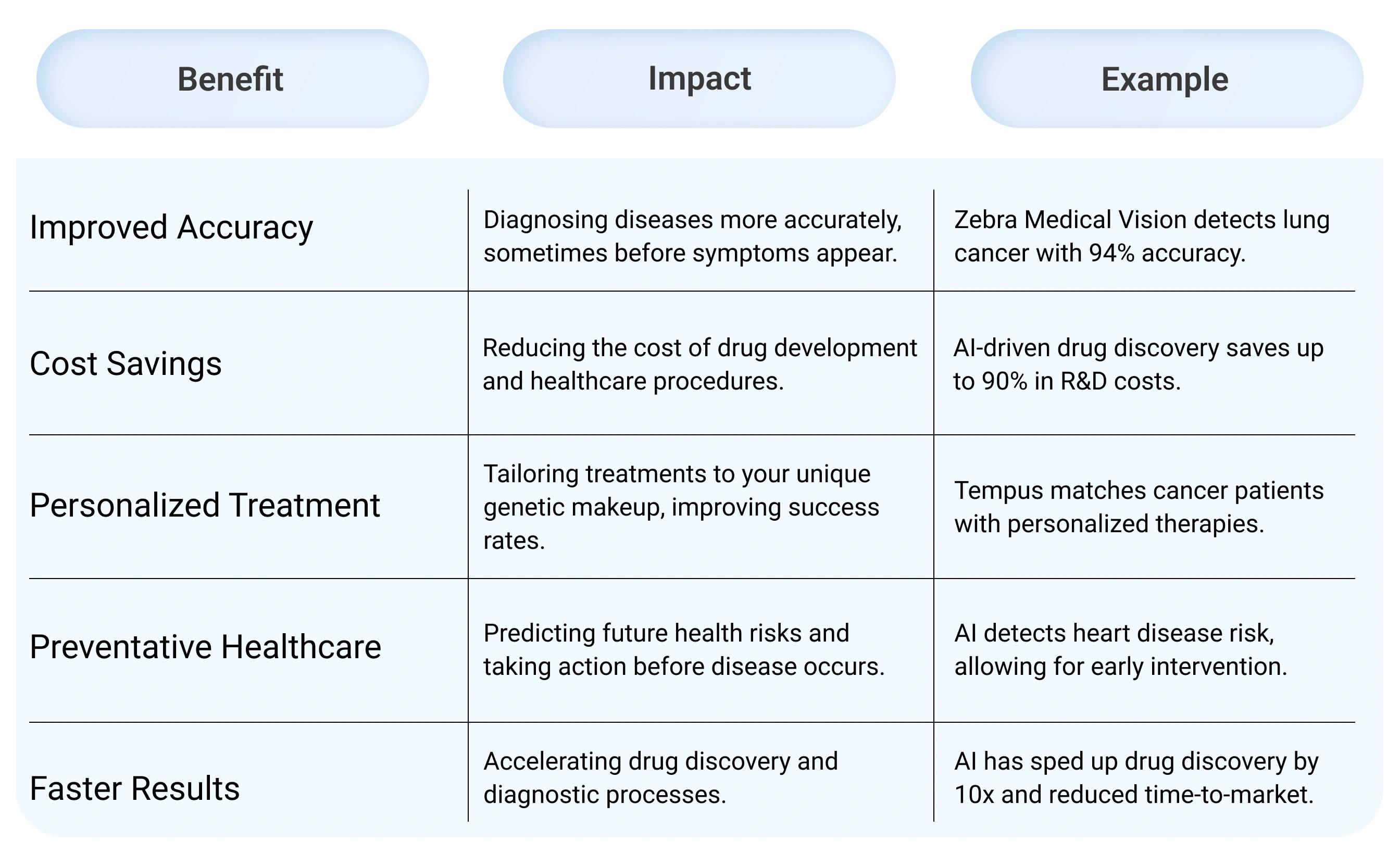
Future Trajectory What's Next?
We're just getting started. Imagine an era where quantum machine learning, federated learning, and neuromorphic computing take the healthcare revolution to even greater heights. Could AI one day not only assist but actually lead medical breakthroughs? The possibilities are endless, and the future is already unfolding before our eyes.
- Computational Power: Exascale computing
- Data Volume: A staggering 2.5 quintillion bytes of healthcare data are generated every single day!
- AI Market Projection: The AI healthcare market is expected to reach $45.2 billion by 2026. Just think about the impact that kind of investment could have on medical advancements.
Summing Up
This isn't merely technological evolution – we're witnessing a profound revolution. Predict a future where healthcare is not just reactive, but predictive, personalized, and precisely tailored to your unique biological blueprint.
We're standing at the precipice of a medical renaissance, where algorithms decode the most complex biological mysteries, and artificial intelligence becomes the ultimate partner in human health.
Tomorrow�’s AI is way beyond just an assistant, as we know it today It's becoming the architect of a new healthcare ecosystem, bridging the gap between data, diagnosis, and breakthrough treatments.
Your Invitation to the Healthcare Revolution
At Techolution, we're not only helping you deploy AI seamlessly, but also enabling you to write the next chapter of the Healthcare industry. Every algorithm, every dataset, every breakthrough brings us closer to a world where disease prediction, personalized treatment, and preventive care are not exceptions, but the standard.
AI is reshaping healthcare. The real question is, how soon will you take advantage of this shift?
